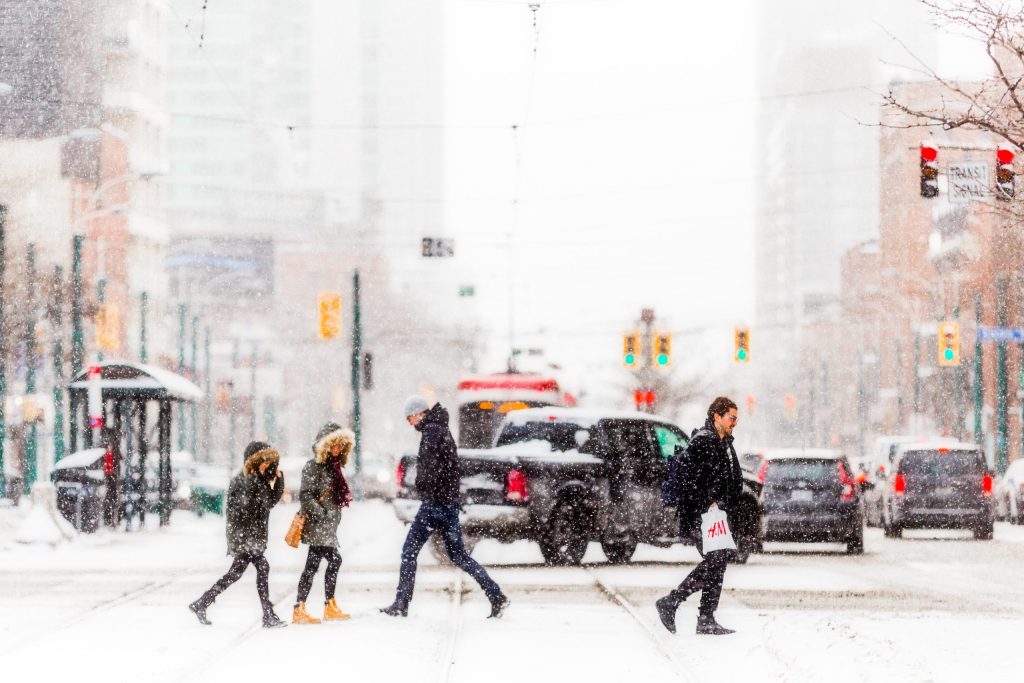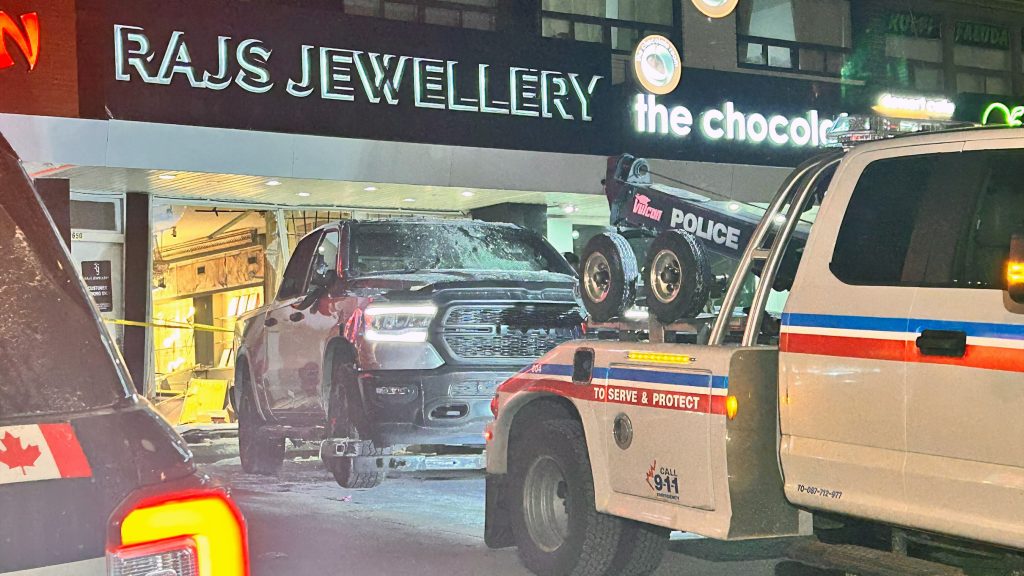How members of Toronto’s LGBTQ2S+ community are facing additional barriers finding family doctors
Posted December 4, 2021 12:29 pm.
Last Updated December 4, 2021 7:13 pm.
With millions of Canadians estimated to not have regular access to a health care provider, members of Toronto’s LGBTQ2S+ community say difficulties finding family doctors in a queer-safe medical space is one that’s particularly affecting them.
Joey Jamil, a Toronto resident who is part of the city’s LGBTQ2S+ community, said he was a patient at a multidisciplinary clinic on Church Street in the heart of The Village for years when in December 2020 he received an email notifying him and his partner that their family physician was leaving the clinic to join another practice.
He said the clinic he went to offered great care during his years as a patient and appreciated the services there, but when it came to getting a new doctor he told CityNews none of the other doctors at the practice had room to accommodate the displaced patients and that he couldn’t go on a waitlist.
Instead, Jamil said he was told the clinic was working to recruit a new doctor and to check back later to see if there were openings.
“We were just kind of abandoned is really what it felt like in the midst of a pandemic,” he said while reflecting on the news he would no longer have a family doctor.
“The feeling of abandonment especially in the midst of a pandemic was something that was quite concerning. Health needs, health concerns, mental health was at an all-time high in the pandemic.”
The issue of finding a family doctor is one felt by tens of thousands in Toronto. According to Canadian Community Health Survey data posted on the Canadian Institute for Health Information website, it’s estimated 18.1 per cent of residents in the southern end of the city do not have regular access to a health care provider – higher than the national estimate of 15 per cent.
RELATED: Doctors stressing nursing shortages could cause more health care issues
However, the void of not having a queer-friendly family doctor is one that’s deeply personal for Jamil.
“My whole life I found it really difficult to talk about my sexuality to my doctor. There was a barrier. I felt judged sometimes whenever I would try and talk about things. There were certain, I guess, nuances within the community that other doctors didn’t fully appreciate,” he said.
“I had great experiences with doctors there. They understood the nuances of queer relationships. They understood certain medicines or issues that are prevalent in the gay community and so that’s really what kept me there.
“The fact I was able to go to a clinic that was in the village, that is marketed or branded as a queer-safe space for the LGBTQ2S+ community was really the driving factor for me to go there otherwise I would have found a doctor elsewhere.”
Desperate to find a new doctor, he said he sifted through valuable directories such as the Rainbow Health Ontario’s list of services but found the task a bit overwhelming. So he said he turned to Instagram and posted a callout for leads.
“More people were messaging me about not having a queer-friendly doctor or having difficulty finding one than people were messaging me about actually having one, and so that’s what was really upsetting to me.”
In an effort to enroll residents with health care providers, the Ontario government operates a service called Health Care Connect. CityNews contacted a spokesperson for the Ontario Ministry of Health to ask what, if any, efforts are undertaken to connect people with medical professionals who promote offering safe spaces to the LGBTQ2S+ community. A response wasn’t received by the time of publication.
Kinnon Ross Mackinnon, an assistant professor at York University’s school of social work, said there is a lack of access to comprehensive care clinics for members of the LGBTQ2S+ community – a sentiment echoed by other medical professionals CityNews spoke with who didn’t want to speak on-camera.
“The current state of primary care in this city is that it’s quite fragmented and so if you’re lucky enough to have a primary care doctor, nurse practitioner who has been trained and is sensitive to 2SLGBTQ issues you’re great, however … physicians or other care providers do move around sometimes and you can get disconnected from care,” he told CityNews.
“[Having that access] means the world of difference because it means being understood and also receiving more competent and timely care.”
MacKinnon, an expert in access to health-related services for people who identify as queer and transgender, was part of a team that issued a paper called Preventing transition ‘regret’ looking at the health care sector as it relates to those who are transgender.
He said they looked into narratives and fears as well as the notion from some that they’ll regret decisions made, noting there is a lot of gatekeeping and additional assessments that are unwanted and aren’t always reflective of gendered experiences and health care needs.
“[The approaches are] dated. We still (have) with us this idea, this story that trans people are stuck in the wrong body,” MacKinnon said, calling for a reevaluation of current standards given there are more non-binary identities and gender expression is a lot more fluid.
When it comes to the LGBTQ2S+ community as a whole, he said there needs to be mental health supports offered as well as national pharmacare to access needed prescription drugs and treatments.
Meanwhile, Jamil said he hopes work can be done to promote queer-friendly medical spaces.
“Generally I think the takeaway here is to create better access, to reduce these barriers for people to find family physicians, to know that there are people out there that can help them with their health care needs, and that they’re not alone and they’re not abandoned in this world and in this community,” he said.
“There’s a lot really going on in the community that goes beyond just what heteronormative society really experiences and I think having a doctor or health care professional really understand who you are and understand what your needs are is something you can’t – it’s invaluable.”








